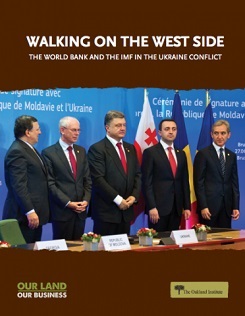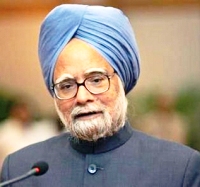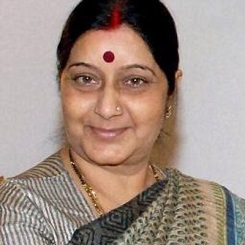By Shastri Ramachandaran* | IDN-InDepth NewsAnalysis
NEW DELHI (IDN) – If there is one leading light of the government headed by Prime Minister Narendra Modi, who struck the right notes, made the right moves and generally impressed observers and her audiences, it is, without doubt, External Affairs minister Sushma Swaraj.
She hit the ground running as it were: From keeping up the momentum in relations with the eight South Asian Association for Regional Cooperation (SAARC) nations, following their leaders’ visits for Prime Minister Modi’s swearing in, the first foreign visit to Bhutan, to the fraught situation in Iraq and the evolving situation in Afghanistan, Swaraj has been on the go from Day One.
In addition, she presided over conclaves of Indian envoys in neighbouring countries to an agenda ably scripted by Foreign Secretary Sujatha Singh and managed a goodwill visit to Bangladesh in the course of which she charmed both Bangladesh Prime Minister Sheikh Hasina and Bengal Chief Minister Mamata Banerjee.






